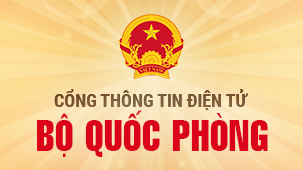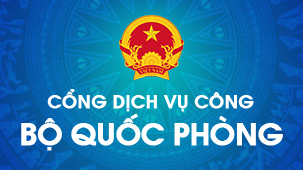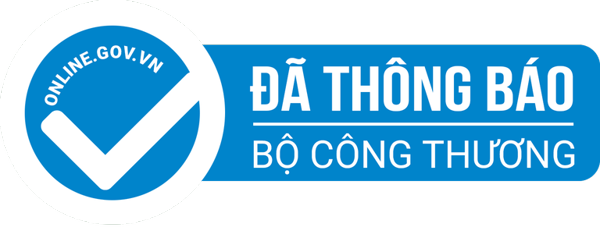The explosion of the Internet and social media has led to a surge in user-generated content, along with a rampant spread of misinformation and unverified news. Such false information not only misleads the public in sensitive areas like healthcare, natural disasters, and public policy, but also causes serious consequences- ranging from economic damage and loss of organizational credibility to threats to national security. While such misinformation once had limited scope and impact, it now poses even greater risks as it becomes part of the input data for artificial intelligence (AI) systems. In searching and retrieving information to respond to users, systems like chatbots and virtual assistants can easily use, generate, or propagate misinformation if they lack self-verification capabilities.
Fact-checking is the process of verifying whether a given piece of information is true or false. For instance, the goal of verifying the statement "NASA has found life on Mars" is to check whether it is based on published facts, using reliable sources such as news reports, scientific data, or knowledge bases. To perform this autonomously, AI systems must understand sentences, search for related information, and logically conclude based on objective data.
VeGraph (Verify-in-the-Graph) is a fact-checking method developed by engineers at the Viettel Data and AI Service Center (Viettel AI). It was presented at NAACL 2025 - one of the three most prestigious international conferences on natural language processing. Experimental results on two popular fact-checking datasets, HoVer and FEVEROUS, showed that VeGraph improved accuracy by 2–5% compared to current methods.

VeGraph is a fact-checking method developed by Viettel AI and presented at NAACL 2025.
Most current fact-checking methods struggle with vague, metaphorical, or multi-layered statements, rhetorical techniques often used to “disguise” misinformation. They also lack transparency in explaining why certain content is deemed false, making it hard for users to trust the results. Many methods also rely heavily on large language models (LLMs) without the ability to cross-reference authoritative knowledge sources, which increases the risk of generating inaccurate conclusions, commonly known as the "hallucination" problem.
Unlike tools that rely solely on internal reasoning within a model, VeGraph proactively breaks down a fact-checking request into smaller propositions and compares them against trusted references such as legal documents, government databases, or expert literature. The entire verification process is systematized into clear, traceable steps, enhancing transparency and reliability, both of which are increasingly important in AI applications. This approach also enables organizations to swiftly adapt and improve their systems when needed.
Aiming toward a transparent and secure digital environment, VeGraph is highly regarded for its practical application potential. In addition to integration into AI systems to improve accuracy and trustworthiness, the technology can be developed into specialized fact-checking systems for sectors such as healthcare, journalism, legal affairs, and public administration. As a result, the public can independently verify critical and sensitive information such as breaking news, data on medications or vaccines, or legal regulations without depending entirely on AI assistants or chatbots.
Looking ahead, VeGraph will be expanded to handle diverse data formats including images, videos, and audio. It will also be enhanced to better recognize complex language forms such as metaphors and implied meanings and incorporate knowledge graphs to boost reasoning capability.
NAACL 2025 (Annual Conference of the North American Chapter of the Association for Computational Linguistics) is one of the most prestigious global scientific forums in the field of natural language processing and computational linguistics. This year’s conference received a record-breaking number of over 3,000 submissions, with an acceptance rate of only 22% for main track papers, featuring some of the most groundbreaking research. NAACL 2025 places special focus on advances in large language models, multicultural and multilingual NLP, emerging reasoning capabilities, and responsible AI.
Viettel AI, a subsidiary of the Viettel Group - Vietnam's leading military-run industrial and telecoms corporation, is a pioneer in mastering and developing cutting-edge products and services in AI, Big Data, Robotics, and Digital Twin technologies. Today, Viettel AI’s ecosystem includes many top-tier products trusted by leading organizations and enterprises in Vietnam and internationally.
Other news















